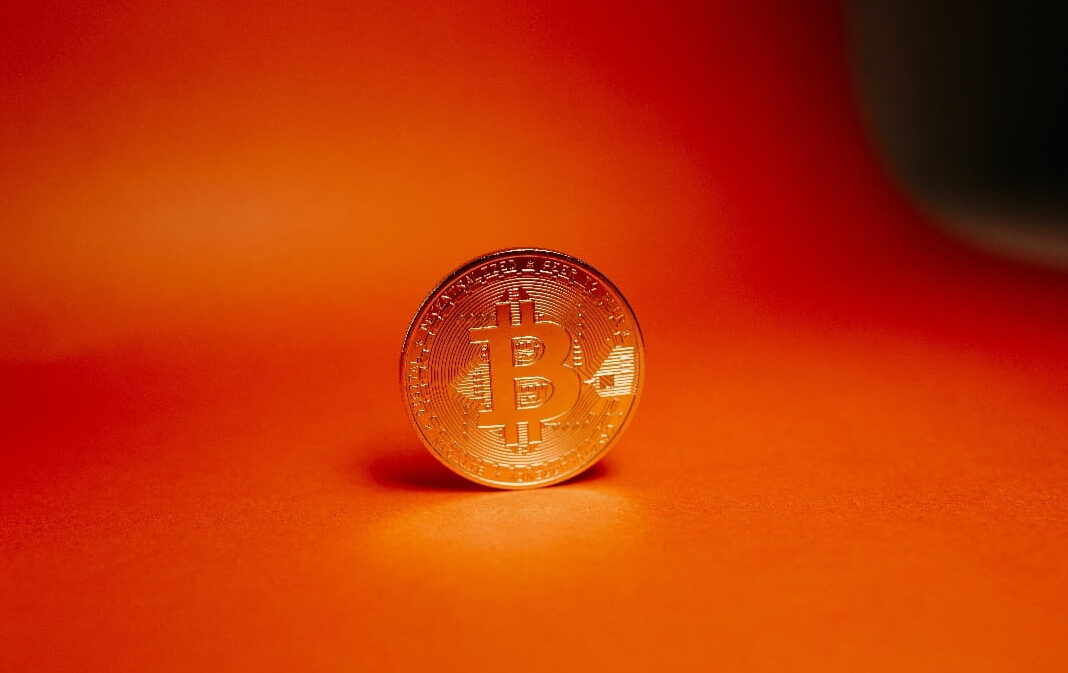Bitcoin adoption worldwide has become a mainstream financial tool; nations are rushing to cement their position in this ecosystem. Bitcoin adoption is now a geopolitical and economic war, not just a personal or business decision. The US is leading the mainstream adoption of Bitcoin worldwide through technological innovation, institutional capital, and regulatory maturity. Many countries in Asia, Europe, Latin America, and Africa are also bridging the gap with their own strategic aims and market dynamics.
America’s Influence on Bitcoin Adoption
The US’s sophisticated financial infrastructure and extensive institutional networks have shaped Bitcoin’s national and global trajectory. Wall Street now accepts Bitcoin Trader, with BlackRock, Fidelity, and VanEck offering cryptocurrency-related financial products. The adoption of Bitcoin ETFs enables conventional investors to acquire digital assets through established platforms, marking a turning moment.
By including Bitcoin adoption worldwide into their treasury strategy and thereby indicating long-term conviction in the asset, American corporate giants like Tesla, MicroStrategy, and Block Inc. have further driven acceptance under systems that, although strict, give credibility and openness to the space, U.S.-based exchanges like Coinbase and Kraken have exposed millions of consumers to Bitcoin. Politically, Bitcoin has attracted supporters among federal legislators and local officials. Cities like Miami and Austin have moved aggressively to draw crypto businesses and establish themselves as blockchain centres. Federal supervision, a robust financial industry, widespread public awareness, and the world’s largest capital market, combined, ensure the United States remains at the forefront of Bitcoin adoption.
Asia’s Rise in Bitcoin Leadership
Although the U.S. dominates, other Asian countries are positioning themselves as strong challengers. With its Financial Services Agency enforcing thorough regulatory rules that protect consumers while promoting innovation, Japan has made significant progress in including Bitcoin adoption worldwide into its financial ecosystem. Japan is among the most stable and developed Bitcoin marketplaces in the world, thanks to the legitimacy given to crypto exchanges by licencing and the inclusion of digital assets into consumer services. Another interesting scenario is South Korea, which boasts significant domestic trading volumes and a very involved tech community. With companies like Upbit and Bithumb controlling local markets and authorities emphasising consumer protection and openness, South Korea’s strategy mixes rigorous control with creative innovation.
 Singapore is becoming Asia’s bitcoin financial centre. The Monetary Authority of Singapore’s forward-thinking regulatory approach attracts foreign enterprises while ensuring security and compliance. Due to its tax rules and digital innovation, major bitcoin exchanges and blockchain companies are moving to Singapore.
Singapore is becoming Asia’s bitcoin financial centre. The Monetary Authority of Singapore’s forward-thinking regulatory approach attracts foreign enterprises while ensuring security and compliance. Due to its tax rules and digital innovation, major bitcoin exchanges and blockchain companies are moving to Singapore.
Europe’s Unified Push for Bitcoin
The European Union is making a concerted effort to standardise the acceptance of Coinbase New Listings across the Atlantic. Aiming to unify different national standards and provide a clear legal framework for digital assets, the Markets in Crypto-Assets (MiCA) regulation marks a significant turning point. This action aims to boost investment and ease conflicts for businesses operating across multiple EU nations. Germany is leading the way, enabling financial institutions to make Bitcoin investments and therefore assist the expansion of custodial and trading facilities. Germany has positioned itself as a haven for institutional adoption through authorities like BaFin, which licenses companies and supports regulated innovation.
Though outside the EU, Switzerland keeps its pioneering position with its Crypto Valley in Zug. Entrepreneurs and blockchain developers have been drawn to the nation due to its clear tax rules, banking support for crypto companies, and long-standing neutrality in financial matters. Other countries advancing are France and Portugal. While Portugal’s crypto-friendly tax code continues to attract nomads and fintech companies, France has approved numerous licensed crypto platforms. These markets are expected to benefit from increased credibility and institutional trust once MiCA becomes fully operational.
Bitcoin as Lifeline in the Global South
Latin America and Africa often use Bitcoin as a means of survival, unlike industrialised nations. El Salvador’s bold adoption of Bitcoin as its official currency under President Nayib Bukele aimed to achieve financial inclusion, improve remittance efficiency, and foster economic autonomy. Although polarising, the measure has sparked debate on how countries can utilise distributed money to replace centralised banking systems.
 In the face of constant inflation and unstable currencies, Argentina has witnessed a grassroots Bitcoin movement flourish. To maintain their purchasing power and facilitate overseas transactions, people are increasingly turning to Bitcoin. Peer-to-peer systems and mobile wallets have gained popularity in Brazil and Colombia, offering alternatives to conventional banking and facilitating seamless transactions. Africa also relates a tale of bottom-up creativity. Against government opposition, Nigeria has become a pioneer in worldwide peer-to-peer Bitcoin transactions. Bitcoin serves as a lifeline for many Africans, particularly those with limited financial resources, facing growing inflation and a young population. Fintech, mobile money, and Bitcoin can provide financial access where banks fail, especially in Kenya and South Africa.
In the face of constant inflation and unstable currencies, Argentina has witnessed a grassroots Bitcoin movement flourish. To maintain their purchasing power and facilitate overseas transactions, people are increasingly turning to Bitcoin. Peer-to-peer systems and mobile wallets have gained popularity in Brazil and Colombia, offering alternatives to conventional banking and facilitating seamless transactions. Africa also relates a tale of bottom-up creativity. Against government opposition, Nigeria has become a pioneer in worldwide peer-to-peer Bitcoin transactions. Bitcoin serves as a lifeline for many Africans, particularly those with limited financial resources, facing growing inflation and a young population. Fintech, mobile money, and Bitcoin can provide financial access where banks fail, especially in Kenya and South Africa.
The Cost of Bitcoin Rejection
Not every nation has jumped on Bitcoin. Once home to most of the world’s hash rate, China has outlawed mining and crypto transactions, therefore driving innovation outside of its borders. While Chinese businesses are advancing blockchain technologies, official policy has distanced blockchain from the distributed ethos of Bitcoin. India remains divided, taxes heavily, and leaves regulatory uncertainty that discourages investment and drives developers overseas.
These cases show the dangers of postponing acceptance. Countries that ban Bitcoin experience financial flight, a developer exodus, and reduced impact on setting global digital standards. Falling behind now might mean losing economic power for decades as digital assets grow increasingly crucial to international banking.
Final thoughts
The next decade will determine Bitcoin’s role in the global economy and which countries lead digital finance. Bitcoin adoption affects monetary sovereignty, financial innovation, and economic competitiveness, all of which are determined by national strategy. Countries that combine public-private cooperation, smart regulation, and technical infrastructure will shape the direction of investment. It will rethink international trade, data security, and world monetary systems.


